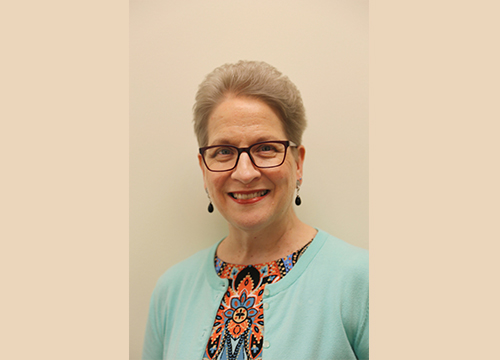Sixth Sunday in Ordinary Time Lv 13:1-2, 44-46; Ps 32:1-2, 5, 11; 1 Cor 10:31—11:1; Mk 1:40-45
In today’s Gospel, Jesus encounters a leper, an individual separated from community life and worship, because of a skin condition that marked him as unclean. Scholars agree that true leprosy did not exist in the time and locale of Jesus’ ministry. Instead, any malady that manifested as scabby, flaky skin resulted in revulsion and expulsion.
The first reading explains this circumstance. In the purity laws of Leviticus 11-15, the human body functions as a metaphor for Jewish society, and its boundaries symbolize those of the community. Thus, rules for the body replicate rules for the community.
Whatever enters/exits the body affects the purity of the body, just as those who enter/exit the community affect its integrity. Firm boundaries for body/society are critical to preserving the purity/integrity of the Jewish community as the chosen people of the covenant. Blurred boundaries of body (flaky skin) or society (marriage outside of tribe) put the covenant at risk.
To be fair, this obsession with boundaries came to the fore after the trauma of captivity in Babylon. In their efforts to rebuild Jewish society once Cyrus of Persia sent the people home, the priest-leaders called for a return to purity. Non-Jewish wives were dismissed, along with their children, to restore the purity and holiness of Israel.
In the Gospel, Jesus challenges these societal boundaries and the religious traditions underlying them. He does not avoid persons deemed unclean, but instead heals these outcasts and restores them to life in community.
Thus, he embodies the saving love of God portrayed in Psalm 32. With God-eyes that look into the heart, Jesus pierces the barrier-between, sees the person created in the image of God, and restores that one’s dignity and wholeness. Not surprisingly, the leper-now-healed cannot contain his joy.
St. Paul also weighs in on boundaries. He exhorts the Corinthians, “Be imitators of me, as I am of Christ.” This “do as I do” imperative reveals Paul’s confidence in his pastoral approach. To 21st century ears, he sounds awfully bold. Yet his recommendation of himself as an example comes from a humble, that is, other-centered heart.
The behavior Paul promotes has consequences for effective evangelization: “Avoid giving offense, whether to the Jews or Greeks or the Church of God, just as I try to please everyone in every way, not seeking my own benefit, but that of the many, that they may be saved.” In contemporary language, we might say: For best results, meet people where they are with respect and kindness.
Corinth’s Christian community included diverse members: Jews, God-fearers (Gentiles with a special relationship to Judaism and some involvement in the synagogue), and Gentiles at large. Conflicts arose around how much of the Mosaic Law still applied. Paul preached freedom from the law but also issued correctives on the free-for-all mentality that sometimes arose in the wake of his preaching.
In the verses preceding today’s selection, we read, “‘Everything is lawful,’ but not everything is beneficial. ‘Everything is lawful,’ but not everything builds up” (1 Cor 10:23). Paul puts “Everything is lawful” in quotes both times, indicating that members cited these words to justify actions that harmed the community.
For example, those who still observed the Jewish dietary laws took offense when others ignored them. Others, coming into the community from Gentile origins, did not feel compelled to embrace these regulations and took offense if others refused to share food at their table. Inhospitality reigned on both sides of the argument.
Paul calls them to other-centered and community-centered thinking. In a nutshell, they are free to eat whatever comes forth from the earth with a clear conscience, unless doing so will offend the host or scandalize the community.
With this pastoral directive, Paul moves day-to-day moral decision-making into the realm of relationship — to other persons and to community. For Paul, relationships, not just rules, deserve consideration as people of faith make choices.
Melanie holds a master’s in pastoral studies from Loyola University, New Orleans.

